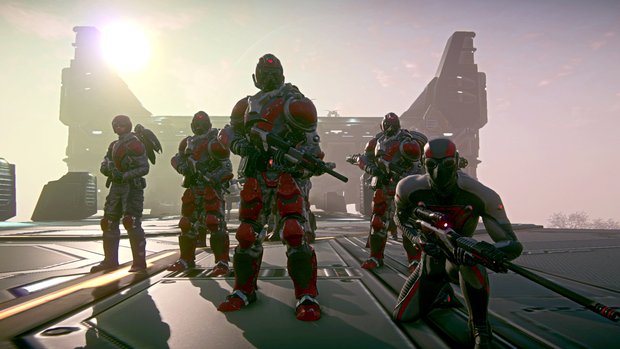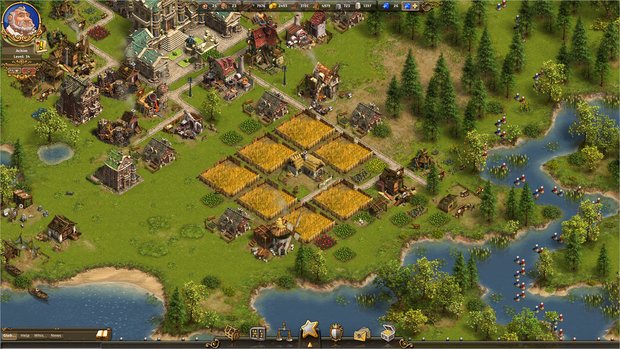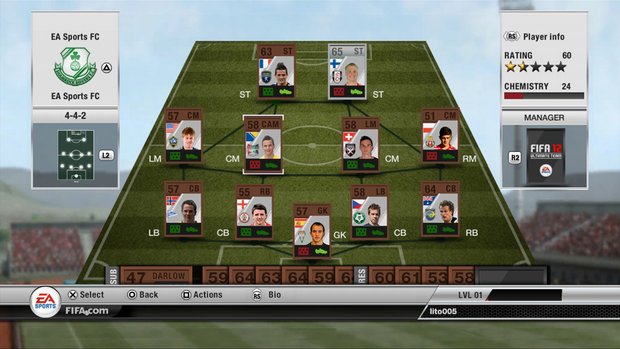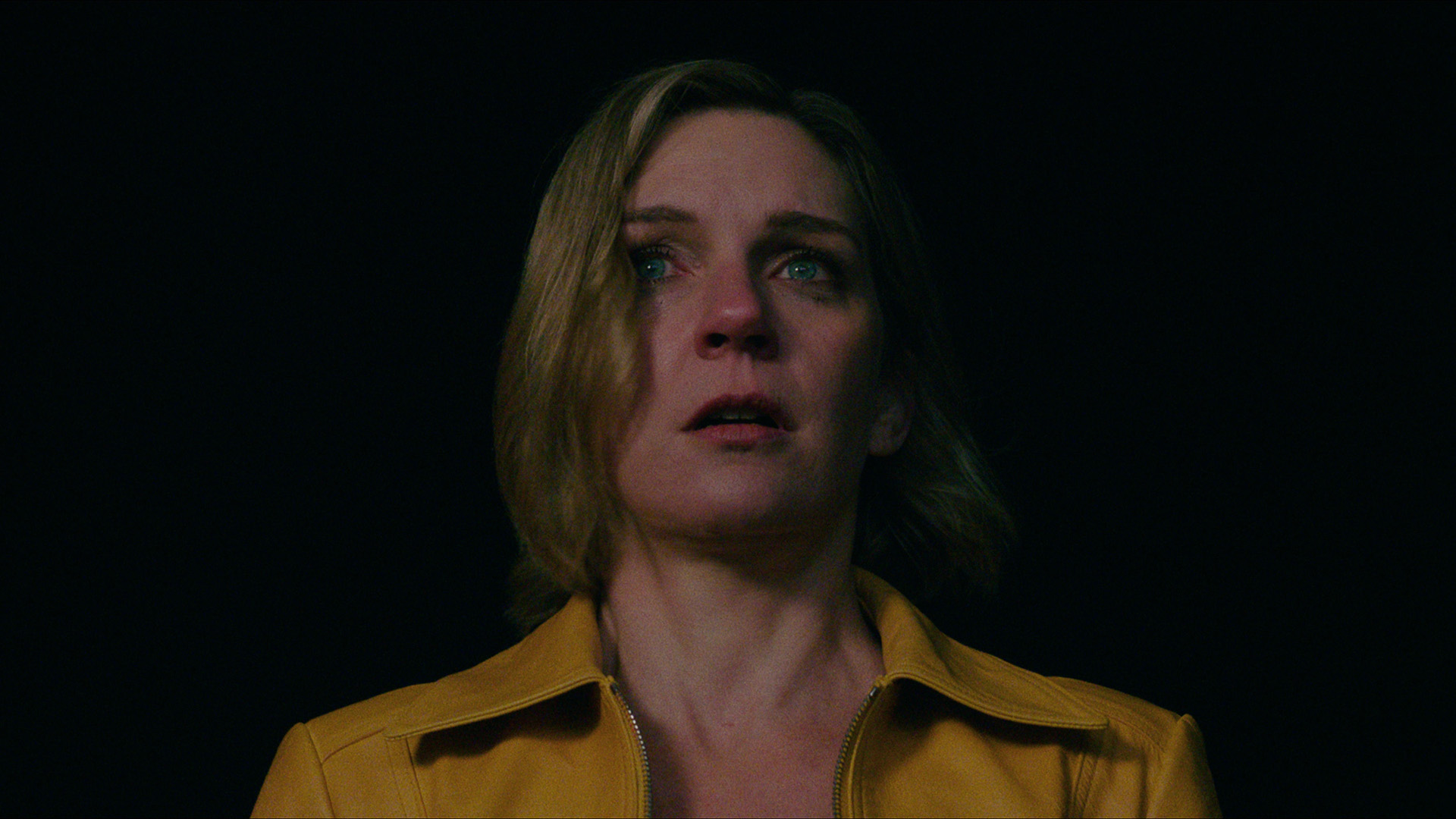Is free-to-play still pay-to-win?
“The first thing I want to emphasise is that our game isn’t pay-to-win,” says every free-to-play developer we’ve spoken to over the past year. The free-to-play market is huge--in the UK alone it was worth £216 million as of December 2012--but it has something of a tarnished reputation among serious gamers, as many see F2P as being ‘pay-to-win’. That basically means that players who spend more cash on in-game items are more likely to win games because they have a significant advantage over lower-paying players. Sure, several years ago--when free-to-play was in its infancy--that was largely true, but do these same criticisms hold up today?
Generally speaking, free-to-play games come in three different flavours. The first is the true free game, where you’re competitive right from the start and only really pay for extra stuff. The best examples are titles like Team Fortress 2, Lord of the Rings Online and Planetside 2 – where you can happily play for hours without ever hitting a wall that can only be broken using hard cash. In other words, forking out dollars doesn’t offer significant advantages over players who play for free. Definitely not pay-to-win, then. Good.

We spoke to a more traditional gamer from the GamesRadar community, Olly, who mixes his time and money between £40 games and free-to-play titles. “I purchased Promethium keys in DC Universe Online twice, in a bundle of 5 keys at a time because I figured they would last me quite a long time,” he says. “I paid real money for digital items because I feel I am getting a massive amount of value out of a free game and therefore do not begrudge ‘donating’ some of my hard earned cash towards the developers. It was great of them to release this massive and deep game for free and therefore I don’t feel bad in the slightest about paying a relatively small amount of money.” This is free-to-play working for the hardcore, a relatively new phenomenon.
Problem is, most games can’t afford to be this generous. So, the second--and newest--F2P model is what we’ll call pay-to-advance. Here your gameplay time is either limited or artificially slowed down unless you part with cash. The Settlers Online is a great example. You get the whole game for free, in your browser, and can play from start to finish without ever spending a bean. However, as you get deeper into the game the process of building structures and armies takes ever-increasing amounts of time. Now, you can just log-off and wait for your projects to complete, or you can spend in-game gems (which cost real money) to finish them instantly.

These kinds of game pose the question: how much is your time worth? EA is experimenting with the pay-to-advance model in not only free-to-play titles like Real Racing 3 on mobile, but on full boxed games like Dead Space 3 (where you can pay real money to unlock in-game items) and FIFA 13. We spoke to another GamesRadar reader, Dave, who regularly plays the player-collecting phenomenon, FIFA Ultimate Team.
“Within the first 6 weeks of FIFA 13's launch I reckon I spent over £100 on MS points to download new player packs in Ultimate Team,” he says. “Simply put, if you want to succeed in this mode - you have to spend. You start off with a completely useless team and the matchmaking (which in Seasons is excellent) is almost non-existent meaning you'll probably get a good beating off anyone you come across when you first take FUT online. Adding to this, the in-game currency you do get for trading player cards and winning games and tournaments is miniscule in comparison to how much it takes to build a winning team - unless you somehow come across an in-form Lionel Messi or Cristiano Ronaldo card that you can sell for 100,000s of coins.”
Like many other players, Dave uses money to save time. Technically, you can grind your way to a superstar team in FIFA UT, but if you want to be competitive straight away (and who doesn’t?) then you need the right tools. In that sense, FIFA Ultimate Team really is a prime example of the pay-to-win model. Yes, you can spend hours getting humiliated by your opponents to scrape together the cash for a decent midfielder, or you could drop real money to save time and torment. “I started buying packs on FUT for a variety of reasons--firstly, I'm a gamer and have a deep rooted compulsion to explore every mode in a game I buy. Secondly I'm a football fanatic. Thirdly, it’s because I hate losing…” admits Dave.
Weekly digests, tales from the communities you love, and more

While 99% of games no longer offer a ‘magic money bullet’ that virtually guarantees victory, many place such heavy restrictions on players that they’re either forced to pay or give up on a game entirely. In Star Wars: The Old Republic, for example, you can’t sprint without paying for a subscription. Er…
Our third and final GR community interviewee, Neil, picks out another great example: “Some items are ridiculously overpriced, especially in The Simpsons Tapped Out on iOS. You use donuts to either speed up tasks or to acquire new items or buildings etc and you can earn donuts by leveling up. But when you level up you only get one or two donuts. So, basically if you want access to things quicker, then you /have to buy donuts; and they have 2400 donuts for £69.99. That is utterly ridiculous, I can't believe people would even consider buying that.”
Basically, whenever a game offers significant advantages for paying money, it becomes pay-to-win. No, you don’t actually pay to win, but you do stack the odds significantly in your favour. Not such a problem when you’re playing on your own--hey, no-one likes to lose--but when you’re online and interacting with other players in The Old Republic and Tapped Out it does unbalance the experience to the game’s detriment.
So, is free-to-play still pay-to-win? Well, most F2P games are now pay-to-advance, with the amount of stuff given away for free varying wildly from game-to-game. While there are many high-profile examples of games that give away the majority of their swag for next-to-nothing, there’s still a thriving stable of games that don’t want you to succeed without payment. Fair enough--games cost money to make, and developers need to feed their families too--but let’s not pretend that paying players don’t have the edge.
You know that kid at parties who talks too much? Drink in hand, way too enthusiastic, ponderously well-educated in topics no one in their right mind should know about? Loud? Well, that kid’s occasionally us. GR Editorials is a semi-regular feature where we share our informed insights on the news at hand. Sharp, funny, and finger-on-the-pulse, it’s the information you need to know even when you don’t know you need it.



